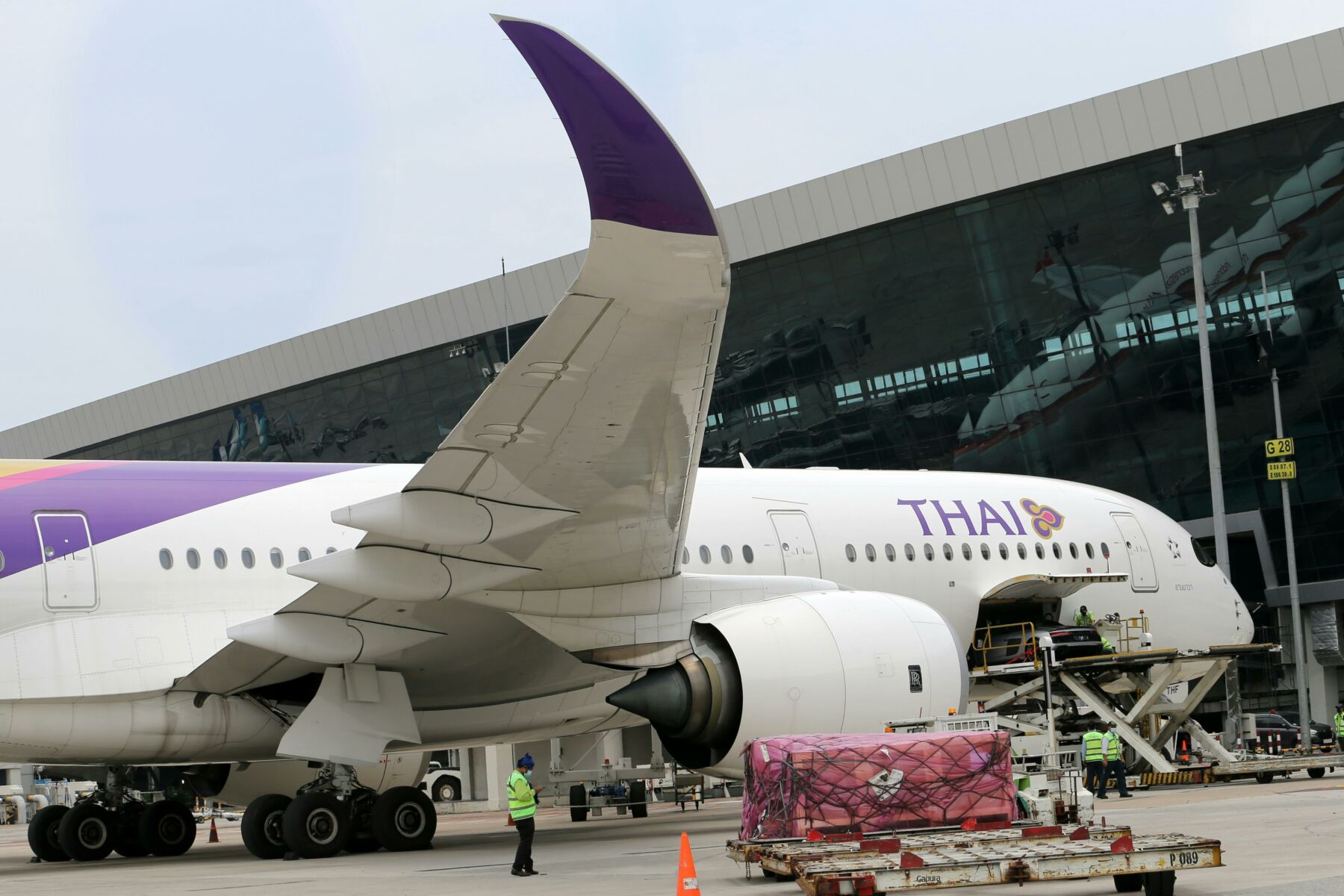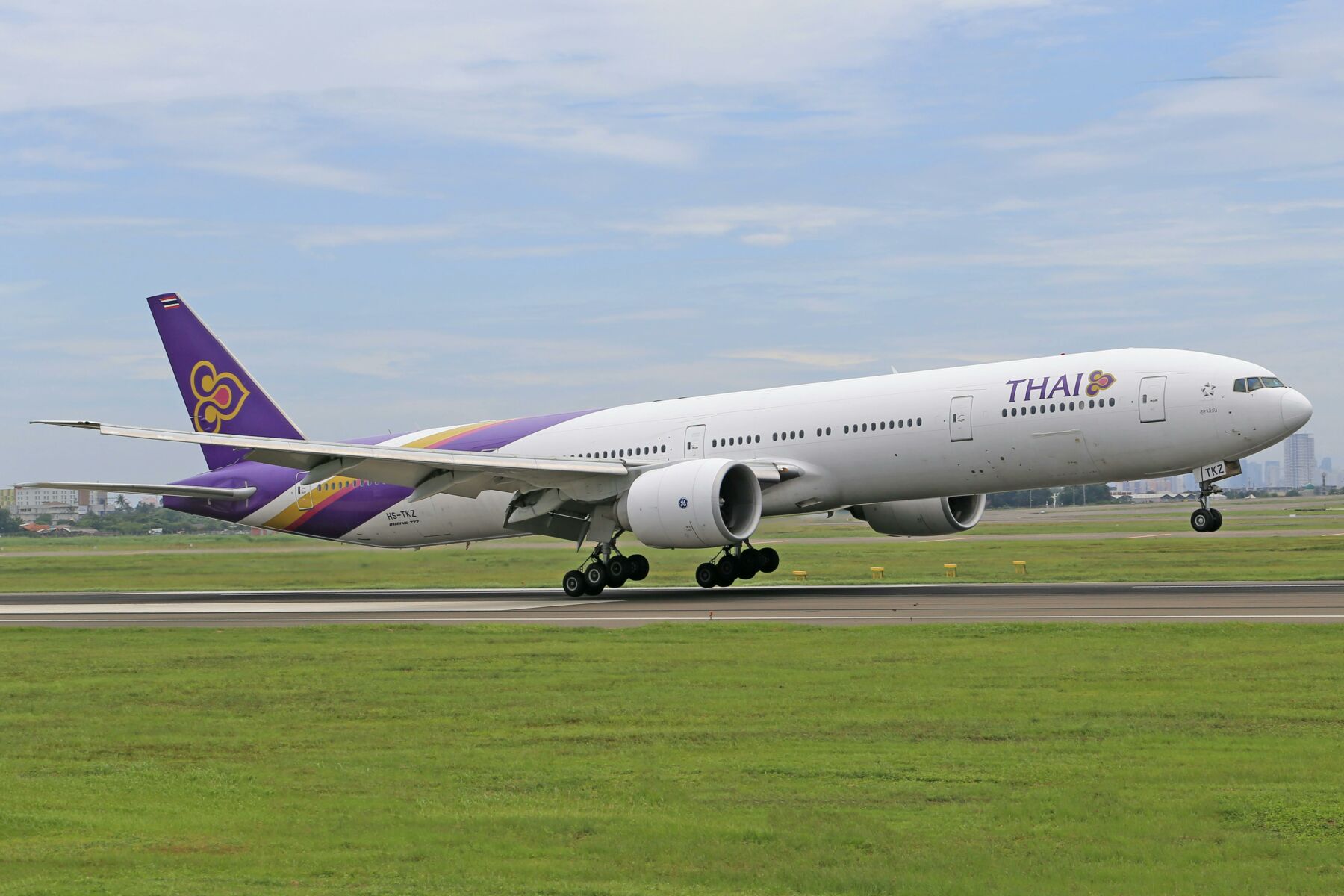Thai Airways gets a financial lift-off with ministry’s capital boost

The Ministry of Finance is set to propose a capital injection for Thai Airways International to the Cabinet next week. This move is designed to ensure the airline’s recovery while keeping the ministry’s shareholding below 50%, preventing a reversion to state enterprise status, as confirmed by Tibordee Wattanakul, Director-General of the State Enterprise Policy Office.
This financial boost is part of a broader plan allowing existing shareholders to subscribe to new shares and creditors, including the ministry, to convert debt into equity. This capital restructuring is slated to take place between December 6 and December 12.
Currently, the ministry holds a 47.9% stake in Thai Airways, which is nearing the end of a four-year debt restructuring phase. The planned conversion of debt into equity, combined with the new capital injection, will see the ministry, Vayupak Fund, and Government Savings Bank collectively holding about 40% of the airline’s shares.
The anticipated reduction in shareholding is based on expectations that Thai Airways will successfully raise to 44 billion baht if all new shares offered to existing shareholders are fully subscribed.

The Vayupak Fund’s participation in the capital injection will be determined by a state-owned asset management company, while the involvement of the Government Savings Bank depends on its board’s decision. Tibordee noted that the capital injections would not exceed the amount needed to classify the airline as a state enterprise.
“The capital injections will ensure that the shareholding proportion does not exceed the threshold that would reclassify Thai Airways as a state enterprise, likely remaining around 40%.”
Capital injection
For an entity to be classified as a state enterprise, government shareholding must be at least 50%. The capital injection from the finance ministry will be sourced from deposit revenue generated through its securities management operations, estimated at no more than 20 to 30 billion baht, a sentiment echoed by Tibordee.
“The ministry has previously informed Thai Airways of its readiness to fully exercise its shareholder rights to convert debt into equity, amounting to around 70-80 billion baht, with the original debt stemming from 2020.”
Converting debt into equity presents an advantage: if the shares appreciate over a year, they can be sold. Conversely, repaying the full debt would likely take up to a decade.
Upon completing the capital restructuring, Thai Airways’ equity is expected to return to positive territory. The airline aims to exit its rehabilitation phase by February 2025 and resume trading on the Stock Exchange of Thailand by May, reported Bangkok Post.
Latest Thailand News
Follow The Thaiger on Google News:


























